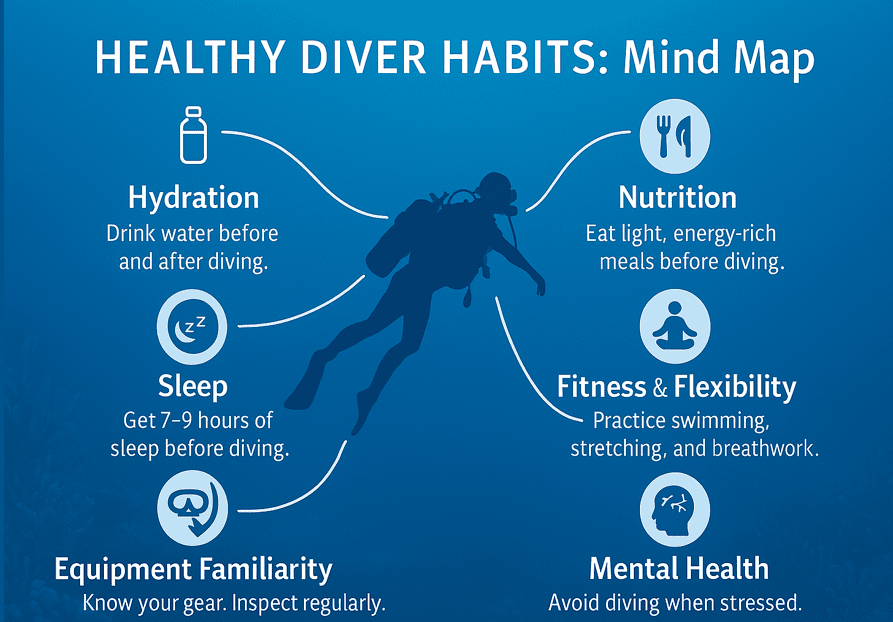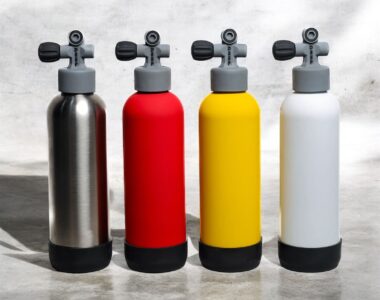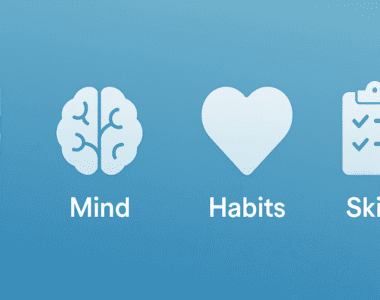
Scuba diving is more than just an adventure — it’s a lifestyle that demands both mental focus and physical well-being. Whether you’re a seasoned diver or just getting certified, maintaining good health habits is key to safe and enjoyable diving. This guide explores the most important habits every diver should adopt, presented in a clear mind map format and accompanied by a visual infographic at the article.
🌊 Because being a great diver doesn’t start in the water — it starts with how you live outside of it.
🧠 Why Healthy Habits Matter for Divers
Every dive challenges your body — exposure to pressure, cold water, and exertion — while also requiring sharp decision-making and calm under pressure. A healthy diver is:
Capable of enjoying longer and safer dive careers
- Less prone to fatigue or decompression sickness
- More focused and mentally sharp underwater
- Better prepared for emergencies
🗺️ Healthy Diver Habits [Mind Map Overview]
1. 💧 Hydration
Dehydration is one of the most overlooked risks in diving. It can increase the likelihood of decompression sickness and impair your focus underwater.
✅ Drink enough water before and after your dive
✅ Avoid caffeine and alcohol before diving
✅ Use a reusable bottle to track intake
🌟 Featured Product: DEEP Scuba Flask
Stay hydrated with the Scuba Tank Vacuum Insulated Stainless Steel Water Bottle from DEEP.
- 750mL capacity
- Keeps water cold for 24 hours and hot for 12
- BPA-free cap & silicone boot
- Waterproof diving-themed stickers
- Perfect for boats, dive trips, and everyday use
💰 Price: €40.00
🔗 Order yours here → DEEP Flask
2. 🥗 Nutrition
Your body needs fuel to perform. Diving on an empty stomach or with poor nutrition leads to energy crashes and slower recovery.
- Eat light, nutrient-dense meals pre-dive
- Avoid greasy or heavy foods
- Replenish with snacks high in electrolytes post-dive
3. 🛌 Rest and Sleep
Diving after inadequate sleep is like diving with foggy goggles — it clouds your awareness and judgment.
- Aim for 7–9 hours of sleep before a dive
- Avoid red-eye travel dives when possible
- Listen to your body and skip a dive if you’re overly fatigued
4. 🏃 Fitness and Flexibility
Diving is low-impact but still physically demanding. Strong cardio and flexibility can enhance performance and prevent injuries.
- Do regular low-impact exercises like swimming, yoga, or cycling
- Focus on breathing control and lung capacity
- Stretch before and after dive days
5. 🧘 Mental Health & Focus
Diving requires calmness under pressure. Emotional well-being helps in avoiding panic and making better decisions underwater.
- Practice mindfulness or breathing exercises
- Don’t dive if you’re emotionally unstable or stressed
- Always dive within your limits — mentally and physically
6. 🧰 Equipment Familiarity
Your health depends on the gear you trust your life with.
Knowing your equipment inside-out is crucial for both safety and comfort.
- Inspect and maintain your gear regularly
- Never dive with unfamiliar or faulty equipment
- Take refresher courses if you’ve been inactive
Final Thoughts
A diver’s body is their most important piece of equipment. You wouldn’t skip maintaining your regulator — so don’t skip maintaining yourself. By following these habits, you’re not just protecting your health — you’re enhancing every dive.
Hydration, sleep, nutrition, and gear awareness are your silent allies beneath the waves.
Stay smart. Stay fit. Dive healthy. Dive DEEP.






